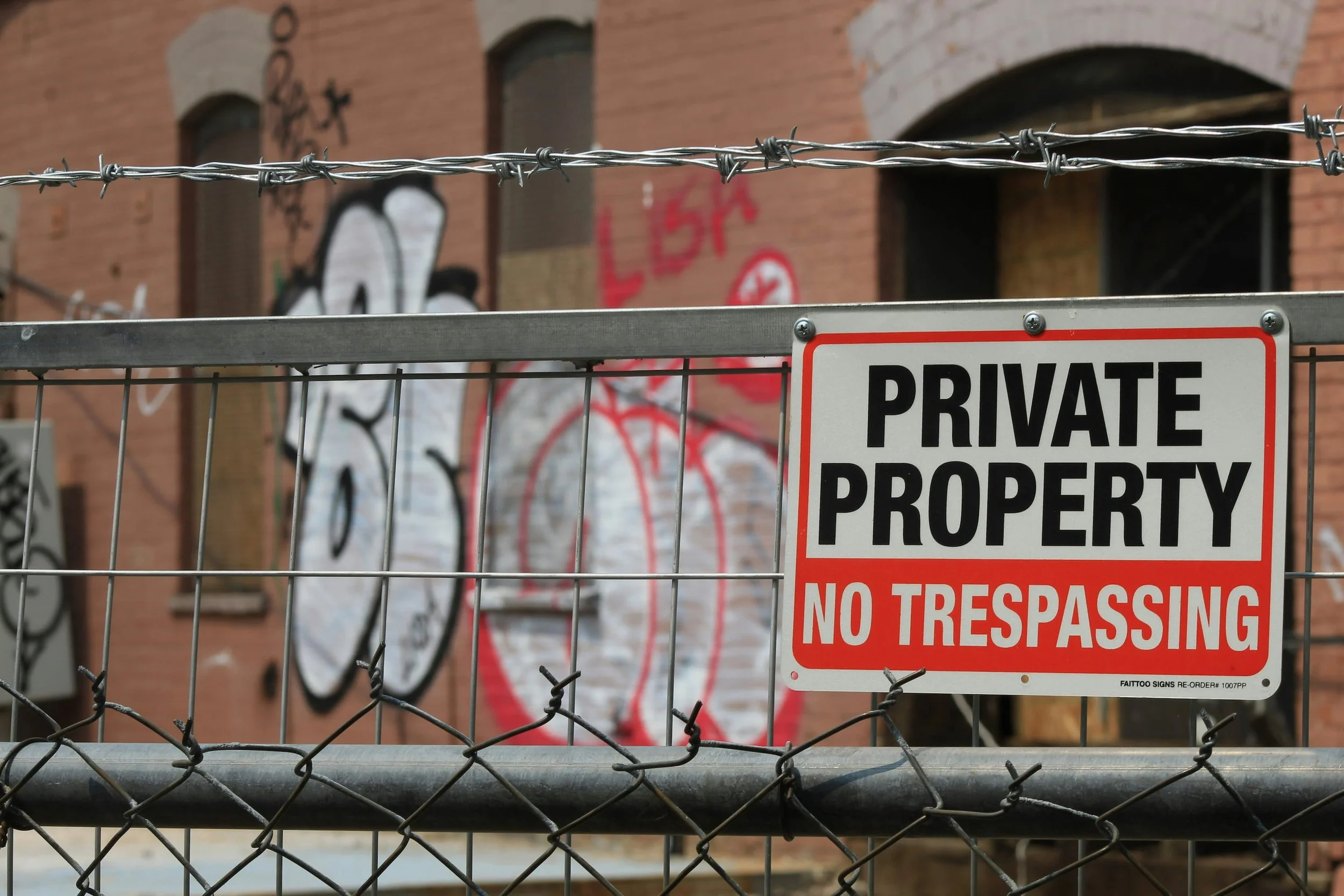Challenges in Enforcing Chicago's Property Ordinance
Chicago's real estate landscape is complex. One aspect that adds to this complexity is the Chicago Vacant Property Ordinance. This ordinance requires owners of vacant buildings to register them with the city. It's a measure aimed at preventing these properties from becoming public safety hazards or eyesores.
However, enforcing this ordinance is not without its challenges. One of the main hurdles is identifying the ownership of vacant properties.
Property management companies in Chicago play a crucial role in this process. They help owners comply with the ordinance, ensuring properties are secure and maintained.
This article will delve into the challenges of enforcing the Chicago Vacant Property Ordinance and explore its implications for property owners, property management professionals, and the community at large.
Join us as we navigate the complexities of Chicago's real estate and zoning laws.
Understanding the Chicago Vacant Property Ordinance
The Chicago Vacant Property Ordinance is a crucial tool for urban management. It aims to address the issues arising from abandoned and neglected properties. This ordinance mandates that owners of such properties register them with the city.
Compliance involves several key steps. Property owners must:
Register their vacant properties with the city's Department of Buildings.
Pay a registration fee to cover administrative costs.
Secure and maintain properties to prevent hazards.
Renew registration annually as long as properties remain vacant.
The ordinance is designed to prevent properties from becoming eyesores or safety threats. However, it also has economic implications. Keeping properties well-maintained helps preserve property values in affected areas.
While many property owners comply willingly, some struggle with the logistics. Issues like foreclosure and abandonment make it challenging to enforce the ordinance consistently. The city also faces the task of coordinating enforcement across multiple departments.
This framework has evolved, reflecting changing market conditions. Updates are essential to address urban blight effectively. They help ensure the ordinance remains a viable tool in the city's efforts to maintain community standards.
The Role of Property Management in Compliance
Property management in Chicago is pivotal to navigating the city's complex regulations. These professionals are essential in ensuring compliance with the Vacant Property Ordinance. They help property owners manage the bureaucratic maze effectively.
Property managers are instrumental in dealing with the ordinance's technical requirements. They assist with registration, maintenance, and regular property checks. By doing this, they minimize the risks of penalties or legal actions.
Moreover, property managers provide a buffer between owners and city authorities. Their expertise ensures that properties are maintained according to city standards. This compliance not only helps avoid fines but also maintains neighborhood aesthetics.
In addition to managing the logistical aspects, property managers also offer strategic advice. They guide owners on how to convert vacant properties into productive assets. This proactive approach benefits the property owners and the community, contributing to local revitalization.
Identifying Ownership: A Major Enforcement Hurdle
Determining the rightful owner of a vacant property is often a significant hurdle in enforcement. This challenge stems from the complex nature of property titles and records. Many properties have convoluted ownership histories, especially if they've gone through foreclosure or abandonment.
Tracking down ownership information can be time-consuming and fraught with inaccuracies. This complexity complicates efforts to hold owners accountable for compliance. It also delays necessary maintenance and security measures needed for vacant properties.
Resolving ownership issues is crucial for effective ordinance enforcement. It involves collaboration with title companies, legal experts, and financial institutions. Solutions must balance thorough investigation with timely action to address urban blight and improve community well-being.
Legal and Financial Implications for Property Owners
Property owners face significant legal responsibilities under the Chicago vacant property ordinance. The mandate requires compliance with various provisions, such as property registration and maintenance. Failure to adhere could lead to fines and legal action.
Financial implications include the cost of registering vacant properties. The registration fee is an essential part of the ordinance. It covers administration expenses and enforcement activities. However, it is yet another financial burden for owners, especially those with multiple properties.
Legal risks also involve potential liability for unsecured properties. Owners must ensure buildings do not pose public hazards. Non-compliance could result in expensive lawsuits or city intervention.
Property management companies assist owners in navigating these complexities. They provide expertise in legal compliance and maintenance obligations. Their role is crucial in mitigating risks and ensuring adherence to the ordinance.
Overall, the ordinance encourages responsible property management. It also involves a proactive approach to reduce financial and legal consequences for owners.
The Impact of Vacant Properties on Chicago Communities
Vacant properties profoundly affect Chicago neighborhoods. They often become eyesores, diminishing the charm of local streets. The presence of empty buildings can contribute to urban blight and decline.
Safety concerns arise with vacant buildings. Unsecured properties may attract vandalism or illegal activities. This can jeopardize the safety of local residents and affect neighborhood peace.
Furthermore, property values can drop with vacant structures nearby. This impacts not only the immediate vicinity but also the broader Chicago real estate market. Community well-being is tightly linked to the management and reduction of vacant properties.
Coordination and Technology in Tracking Vacant Properties
The effective tracking of vacant properties requires solid coordination. Multiple city departments must work together. The synergy between different agencies is crucial for enforcement.
Technology plays a vital role in this effort. Digital tools help map and manage vacant buildings. They provide accurate and up-to-date information on property status.
Data-driven approaches enhance efficiency. They allow for the swift identification of new vacancies. With these resources, enforcement becomes more proactive and less reactive.
Balancing Property Rights with Community Interests
Balancing property rights and community interests is challenging. Property owners have legal rights. However, communities need a safe and pleasant environment.
The ordinance seeks to harmonize these needs. It aims to keep neighborhoods thriving. Yet, it respects private ownership rights.
Community interests can sometimes clash with owner priorities. Enforcement must walk a fine line. This balance is key to effective urban management.
The Future of the Ordinance and Real Estate in Chicago
The future of the ordinance holds potential for change. As Chicago's real estate market evolves, so must the rules governing vacant properties. Adapting to economic trends is crucial for effectiveness.
Real estate investors have a vested interest in the ordinance's development. They must remain informed about any amendments. Changes can influence investment choices and strategies.
Community dynamics also play a role in shaping the ordinance's future. As neighborhood needs shift, so will enforcement priorities. Responsive adaptation ensures ongoing relevance and impact.
Chicago's commitment to vibrant communities necessitates regular evaluation. Updates to the ordinance could enhance property value protection. Ongoing dialogue among stakeholders is essential to guide its evolution effectively.
The Path Forward for Chicago's Vacant Properties
Addressing the challenges of vacant properties requires continuous effort. Chicago must stay proactive in ordinance enforcement. Collaboration between city officials and the community is vital.
The future promises both hurdles and opportunities. By utilizing technology and maintaining clear communication, Chicago can tackle vacant property issues more effectively. Ongoing adaptation will be key to success.
Ultimately, the path forward involves a shared vision. A commitment to safe, vibrant neighborhoods will drive positive change. With strategic enforcement, the ordinance can benefit both property owners and communities alike.




